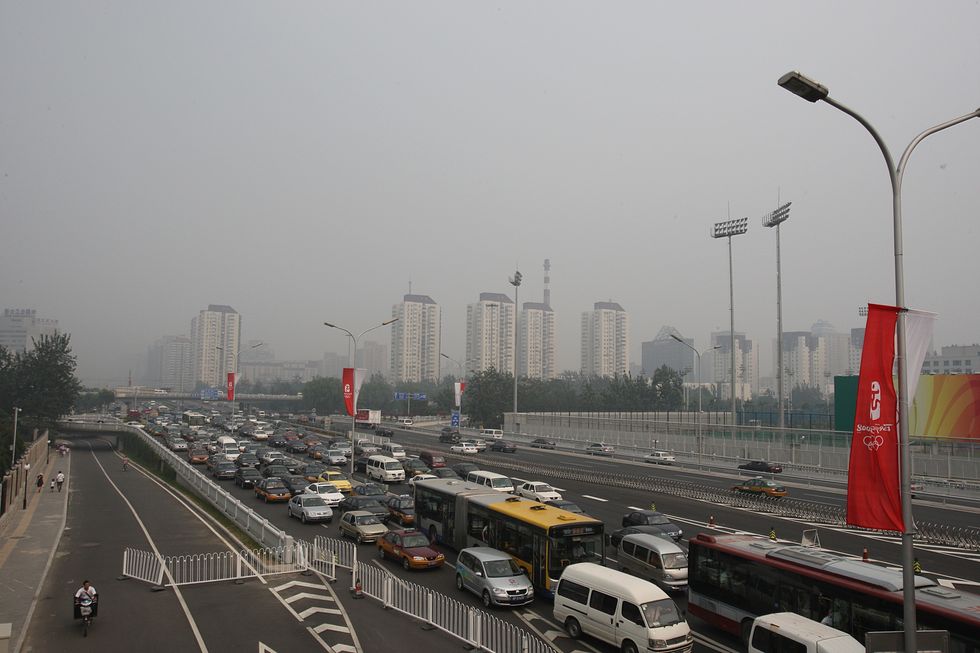China's economic crisis grows as record 8 MILLION default on mortgages and loans: 'Situation could get worse'
Economic experts warned China's economy may get worse before they improve
Under Chinese law, defaulters are blocked from a range of economic activities
Don't Miss
Most Read
Trending on GB News
Defaults by borrowers in China has surged to a record high since the outbreak of the coronavirus pandemic.
Financial experts said the figures highlighted the depth of the country’s economic downturn.
According to local courts, a total of 8.54million people, most of them between the ages of 18 and 59, are officially blacklisted by authorities.
This is as a result of missing payments on everything from home mortgages to business loans.

The pandemic had an impact on defaults in the country
Getty
That figure, equivalent to about one per cent of working-age Chinese adults, is up from 5.7million defaulters in early 2020.
It follows pandemic lockdowns and other restrictions which hampered economic growth and gutted household incomes.
The rise in defaults demonstrates a spotlight on the country’s lack of personal bankruptcy laws that might soften the financial and social impact of soaring debt.
It also adds to the difficulty of shoring up consumer confidence in the worlds second largest economy and a crucial source of global demand.
LATEST DEVELOPMENTS

Blacklisted defaulters are blocked from a range of economic activities in China
PA
Under Chinese law, blacklisted defaulters are blocked from a range of economic activities, including purchasing aeroplane tickets and making payments through mobile apps such as Alipay and WeChat Pay.
The blacklisting process is triggered after a borrower is sued by creditors, such as banks, and then misses a subsequent payment deadline.
Chief economist at Hang Seng Bank China Dan Wang said: "The runaway increase in defaulters is a product of not only cyclical but also structural problems. The situation may get worse before it gets better."
As a growing number of cash-strapped Chinese consumers have struggled to make ends meet, many have stopped paying their bills.
It comes as youth unemployment hit a record 21.3 per cent in June, prompting authorities to stop reporting the data.
Shanghai-based office worker who defaulted on his payments after being laid off in May John Wang said: "I will pay my Rmb28,000 ($4,000) credit card balance when I have a job.
"I don’t know when that will happen."
Life for blacklisted borrowers can be difficult as they navigate dozens of state-imposed restrictions, including being barred from government jobs, and they can even be prohibited from using toll roads.








